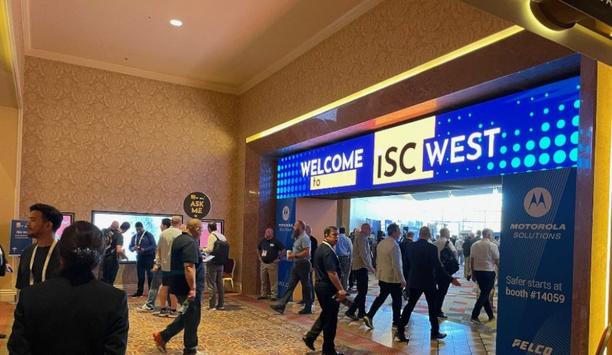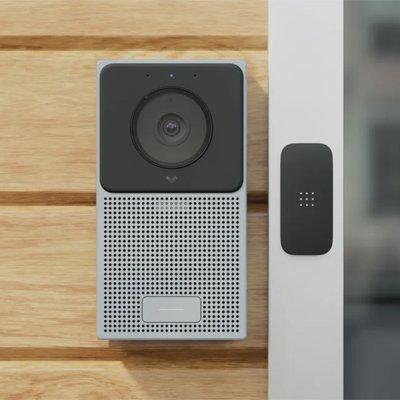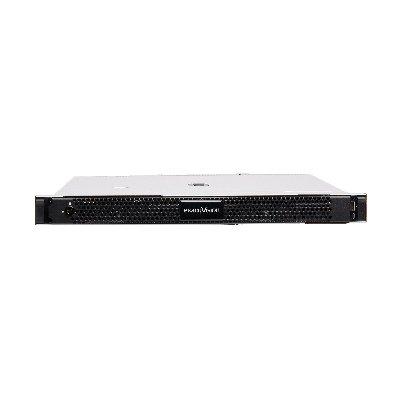When we popped the champagne to celebrate the start of a new year in January, not many could predict that less than three months later, we’d be facing a global pandemic and the economic challenges that a worldwide lockdown would bring. In conversations over the last several weeks, reports from integrators have vacillated between being flush with work or fearful that projects were drying up — without a whole lot in the middle. But in these conversations, a central theme has emerged: diversification.
My background was heavily rooted in security integration but in the last 10 years shifted to risk — both management and mitigation practices — and this emerged long before I began my career in security. It isn’t a new phenomenon for companies to be looking at the risk management strategies they had in place and rethinking their direction. This global pandemic, and the effects it has had on the workforce, has significantly altered what many organizations deem “normal” day-to-day operations, meaning that many organizations are asking one key question: “Can my business withstand this?”
The challenge exists in ensuring asset security
For many end users, the challenge exists in ensuring asset security in locations that are experiencing low occupancy as a result of work-from-home policies or in vacant facilities altogether. For integrators, there is a balance between continuing to install projects while keeping the health and well-being of technicians and employees top-of-mind.
Considering these factors, business resiliency in times of crisis can be built by integrators implementing the following strategies:
Diversify the portfolio
As an industry, it’s safe to say that the winds of change are beginning to shift away from solely “per project” to more recurring monthly revenue (RMR) business models — and today’s crisis may be the catalyst for more of this change. Integrators that embraced this model in the early days, despite the hurdles that a transition like this brings, are seeing the benefits of this move. In economic downturns, RMR allows an organization to map out incoming revenue streams and ensures money will continue to come in despite restrictions on new products and investments from customers.
Offer more service-based products
Part of diversifying a portfolio involves engaging in a more service-based approach to business. Establishing a monitoring services department, integrating a cloud-based video and/or access control service into the mix, or bringing more system monitoring services in play can go a long way in offering more than hardware-driven sales. We’ve talked a lot in the last several years about so many organizations transitioning from large capital expenditures (CAPEX) to more operational expenditures (OPEX) and the opportunities this presents to integrators; now is the time for providers to harness this trend for the health of their business.
Emphasize the management
Through managed services, the value for the customer is that integrators take on the diagnostics, testing, remote monitoring and more — all via the cloud or hosted models, which means fewer “truck rolls” and costs associated. In the current environment, saving a visit to a site can help protect technicians. For new customers, the external management of a system can mean all the difference as there are a number of end users that don’t need a headache that legacy systems create as it relates to maintenance, updates and manpower oversight. Securing an integrator’s business can mean being able to serve customers by diagnosing and triaging issues quickly and highlighting the value provided in day-to-day management.
Look at new vertical markets
From a resilience perspective, critical infrastructure and government-related markets, such as water and energy, and local and municipal customers rarely see a reduction in spending amidst a downturn, which can make these markets a solid investment for integrators. While some of the regulatory requirements in place, such as adherence to the National Defense Authorization Act (NDAA) and GSA contract guidelines, may be daunting, the ability for firms to weather the storm by serving these markets can help integrators see continued success.
Understand your books
One of the first things that integrators must do before a crisis hits is to understand their balance sheet. So many integrator firms are built on the premise of being really exceptional at highly technical and complicated installations, which is why they are good at what they do. But the real challenge is the balance of this ability with the skills needed to grasp business continuity from a bookkeeping and planning perspective.
Act as a consultant
One of the biggest challenges for customers during a crisis is making quick decisions that can impact the rest of the organization both in the short- and long-term. In the security environment and the status of where the world is currently, the needs customers had a month ago are far different than now, so acting as a consultant and working with them to address their concerns through existing technology — or recommending new solutions — can mean all the difference in building a relationship with existing customers or in working with new ones.
Offer services that leverage existing investments
So many customers out there today have invested heavily in video surveillance equipment and hardware that they want to ensure will be around for the long haul. Investing in new equipment can be a real hindrance in normal circumstances, much less those we’re currently facing, so it’s critical that more open solutions are offered to customers. For example, cloud-based video offerings that leverage existing cameras and allow end users to configure them with the touch of a button are a value-added benefit that can favor integrators in the long run.
Continue training your staff
Right now, while many integrators see a slow down taking place, it’s critical that those with the means to do so offer more value to end users by incorporating continued education and training for technicians. This can go a long way in making the services offered more appealing to customers. Integrators who set aside resources to train staff and encourage certifications are building a foundation for success. There’s no way that integrators can address the demands placed on them without investing in the people within their organization.
Integrators and security leaders are tasked now with the added complexity of navigating a worldwide crisis. While so many see the challenges ahead, there is opportunity within these challenges to take forward-thinking business practices and implement them on a broader scale. Doing so can have the potential to change the face of the industry as we know it.
























